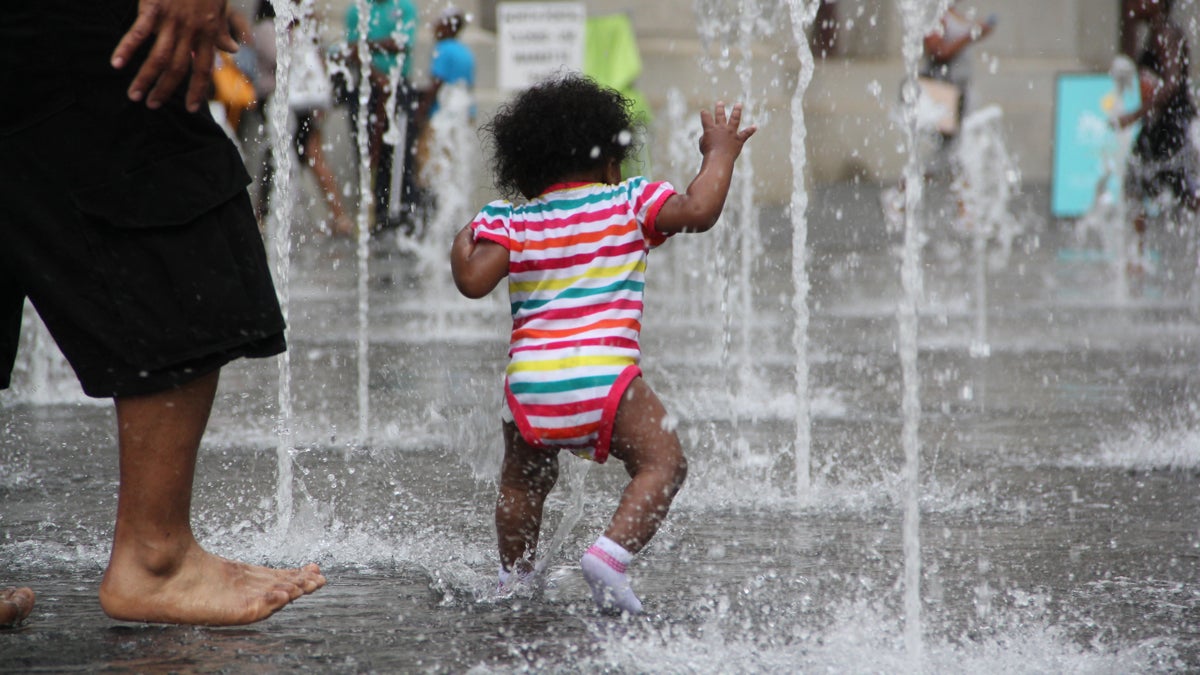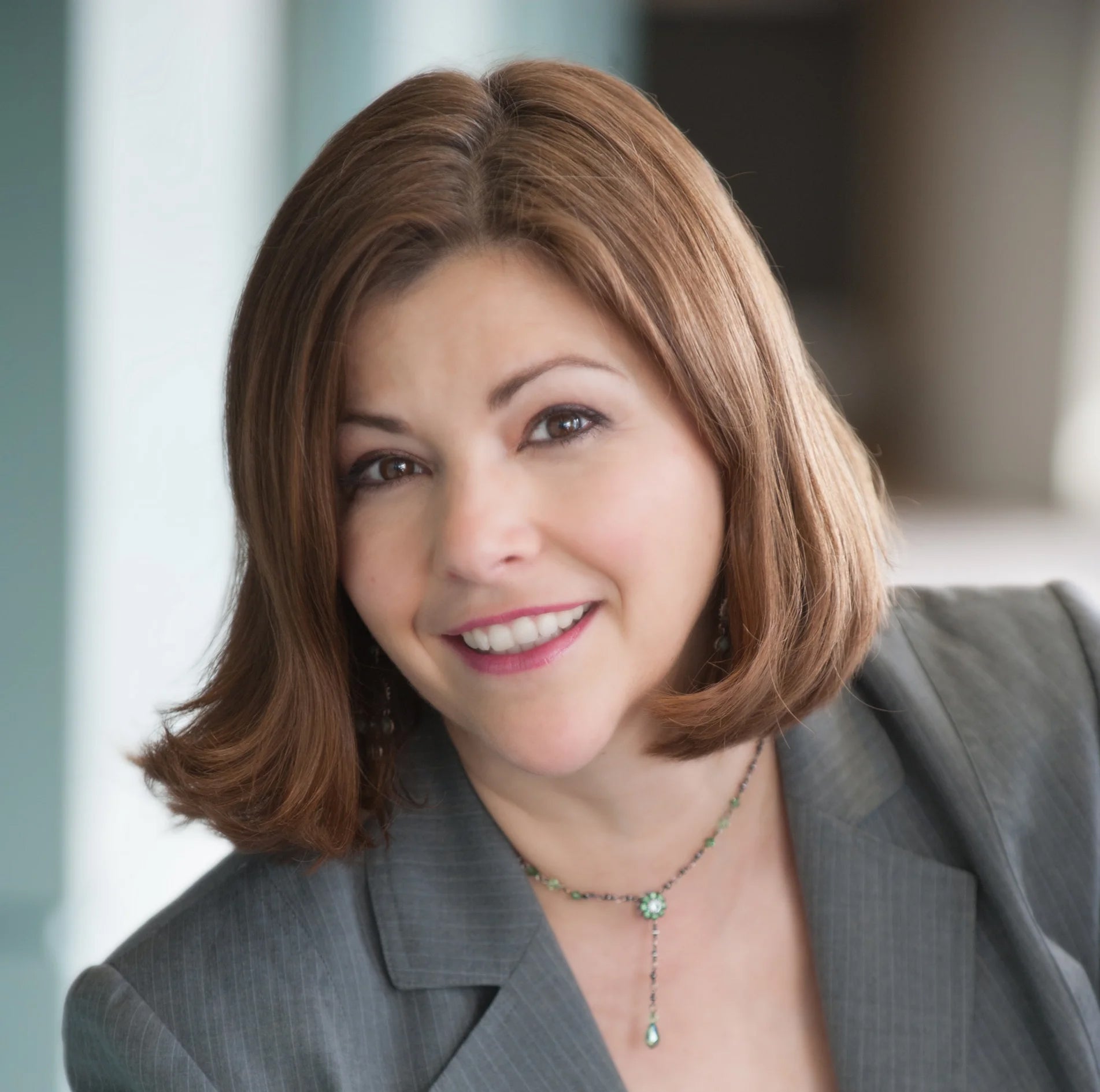Failure is no big deal…when you don’t know what failure is
Listen
Ajwa Oduro
For young children learning life’s basics, shame is not part of the learning game.
Adults tend to view failure as painful or even and shameful, but for little kids, it’s pretty much what they do all day long.
Take 10-month old Henry Bechtel for example. He’s working very hard on learning to stand up, but he keeps falling back down onto his diapered behind. He smiles, and tries again. And again.
Olivia Salzman is a year and a half old, and she’s having a terrible time trying to put colorful rings on wooden stakes. Finally, she accidentally knocks the whole game onto the floor, scattering the rings everywhere. But she doesn’t cry.
She’s also trying to say something that nobody seems to understand. She repeats the word about ten times, and then holds up a tiny plastic object which belongs to one of her princess dolls. Its a purse, and the adult finally gets it. “Purse,” Olivia says proudly.
This relaxed attitude in the face of constant failure is part of childhood brain development. At this precious age, from birth to around 2 years, kids only feel the primary emotions.
“They feel joy and sadness and anger and fear and disgust and one other, which is surprise,” explained Katherine Dahlsgaard, a psychologist at the Children’s Hospital of Philadelphia. And that limited range of emotions means blissful ignorance.
“Children are busy busy busy in the first year of life, trying to learn how to talk, and walk, how to use their motor skills, and have their movements correspond to what their brain is saying,” she explained. “So they don’t have time, or the capacity, to know how they are in relation to others, or how to judge themselves in relation to others.”
Think about it, how would you ever learn to crawl, stand, walk, or talk, if you were secretly wondering why Hudson over there can already get up the steps even though he was born two months after you. Or why little Isabella with her perfect hair is already forming three-word sentences?
Dahlsgaard says that all of those more complex emotions like envy, jealousy, and pride—the baggage of life, so to speak—come later, around two years of age.
“They are called the social emotions; it means the child has developed the capacity to understand herself in relation to others.”
And once kids understand the concept of achievement and failure on a more complex level, parents play an important role in framing how they deal with setbacks. And, Dahlsgaard says many overdo it, big time.
“Grown-ups are blabbermouths,” she joked. “A child fails, and it’s, ‘Oh it’s okay, it’s okay, it’s okay, don’t worry look we can give you a new piece of paper, you can draw that again.’ And the message is, ‘Oh my gosh, my failure has made my mother anxious, look how much she is trying to fix it. It must be a big deal.'”
Instead, Dahlsgaard encourages parents to allow failure to happen, and if nobody is hurt, give your child space to deal with it.
“Feeling distress is a normal and important part of growing up,” she said, adding that being able to deal with that distress and move on is what’s going to count in the long run. “There is a lot of research that finds that the better you are at regulating your emotions—the ability to soothe yourself, the ability to put the painful event that just happened to you into context and then choose how to express your emotions about that is one of the main predictors of adult success.”
Dealing with kids’ failure is yet another thing that parents can fail at. And that’s not all: researchers have also found that how parents praise their children’s successes impacts how kids will deal with future challenges.
Elizabeth Gunderson heads Temple University’s Cognition and Learning Lab, and conducted a multi-year study observing parental praise practices. Her team visited with parents when their kids were one, two, and three years of age, and evaluated what kind of praise the children were hearing. They later caught up with the kids when they were in elementary school, and examined their attitudes toward learning and challenges.
“If parents said things like, ‘Good job, good work, you tried hard,” or their praised the strategy, ‘I like how you colored your picture with lots of different colors’—that type of praise did predict more positive approaches to challenges and potential failures,” said Gunderson.
So, something like, “Nice work drawing that elephant,” rather than, “Oh wow, you are the best artist ever,” seems to help kids develop a healthy attitude toward learning new skills, and potential failure.
WHYY is your source for fact-based, in-depth journalism and information. As a nonprofit organization, we rely on financial support from readers like you. Please give today.




